This year marks the eighth annual National Day of Racial Healing. As part of the day, the W.K. Kellogg Foundation sponsored a special event with NBC News NOW in Los Angeles, bringing together people from diverse backgrounds to discuss the state of race in the U.S. and the role of racial healing in tackling persistent challenges. NBC News Daily co-anchors Zinhle Essamuah and Kate Snow spoke with racial healing practitioners, community activists, police chiefs, university students, authors and more about racial healing efforts across the country.
Here are 10 of the most compelling takeaways and quotes from those conversations.
1. We need to tell the truth about our history to begin the process of racial healing. The special began with a focus on Los Angeles’ history as a flashpoint for racial injustice and violence but also as a community in which people are working to heal. Activist Miya Iwataki and the National Coalition for Redress/Reparations waged a successful campaign for Japanese Americans who were imprisoned in the city during World War II, resulting in reparations and an apology from the government. “It was such a powerful moment,” Iwataki shared. “It put a human face on the concentration camp experience for the country and the world.” Cynthia Ruiz, chair of Cherokees of Los Angeles, echoed the importance of acknowledging our history with race: “This is generational trauma, historical trauma, and for Native people, we’ve gone through nothing short of genocide and that hasn’t been acknowledged.”
2. Young people are watching and responding. We need to have conversations about racial healing on a national level. Rep. Barbara Lee (D-Calif.), who has proposed legislation to create the first national commission on truth, racial healing, and transformation, acknowledged the polarized political climate and its impact on racial healing. “We can go forward and tell the truth about all our histories, or we can go back as some are trying to take us.” Rep. Lee credited young people for their energy in advancing racial healing and said it’s up to national and local elected officials to respond to that call by establishing healing-focused commissions which give voice to the truth of our history and work to advance impactful solutions to persistent challenges.
3. “If you don’t transform the trauma, it gets transferred.” – Jerry Tello, National Compadres Network. We all have pain and trauma related to interpersonal and structural racism, noted Tello. Tello grew up in a Black and Brown neighborhood in Compton, where he and his neighbors faced similar challenges with racism on a daily basis, creating a sense of unity amid their shared struggles. Today, he helps people heal from similar experiences. “All that trauma stays in us. It’s why we need racial healing and why I do this work today,” he said. Unprocessed trauma, he cautioned, can turn people against each other as well as against themselves, often resulting in mental health struggles: “If we’re not the solution, children will have to carry the burden.”
4. Racial healing between communities and police starts with honest conversations about why many Black and Brown community members mistrust law enforcement. NBC’s special highlighted the changes Albuquerque Police Department has made since the 2022 fatal police shooting of 27-year-old Keshawn Thomas. These reforms encompass a comprehensive revamp of use-of-force policies, enhanced de-escalation training, more mental health resources and a collaborative initiative by the University of New Mexico School of Law to foster safer interactions between young people and police officers. “I think racial healing starts with communication,” said Chief of Police Harold Medina, acknowledging there is still more work to do in Albuquerque and across the nation. “Law enforcement and government are really good at listening to the people who are our cheerleaders. We don’t like to listen to those who sometimes bring criticisms against us.” In Los Angeles, Chief of Police Michael Moore echoed the call for more reform: “We need to recognize policing is not the solution to all societal problems. We need to invest in mental health services, housing, and better jobs.”
5. Many college students are anxious but hopeful about opportunities for racial healing. University of Michigan students described the tense mood on college campuses as they increasingly become arenas for vitriolic rhetoric and culture wars. “You can be labeled something if you misspeak once,” said Fisher Wojtas of the Native American Student Association. But during a racial healing-focused discussion among students from different backgrounds, a Palestinian student and a Jewish student found common ground. “Shared grief and a shared fear of what the future holds is a great place to start [this conversation],” said Salma Hamamy, president of Students Allied for Freedom and Equality/Students for Justice in Palestine. “Knowing we come from the same shared values of love, respect, empathy, and humanity is assuring, and it’s also disheartening. But it makes me feel better that even on different sides of the same issue, there is a lot of common space,” said Sari Rosenberg, a Jewish student leader.
6. “Can we hold reverence for the sacredness of another human being?” – Jenny Wang, Ph.D., psychologist, and racial trauma expert. To prepare for racial healing conversations, Wang advised that first, you have to have humility: set aside your ego, acknowledge that you are working actively through your own pain and then try to behold the other person’s suffering. Second, you must hold reverence for the sacredness of that other person regardless of what divides you. “This requires that I care about you and your sanctity of being here as much as I would myself and the people I love,” said Wang.
7. Rallying around a common interest can be a first step toward racial healing. In Ashland, Kentucky, the Kentucky People’s Union, and Showing Up for Racial Justice (SURJ) are community groups uniting residents of all races around a shared goal: guaranteed safe and affordable housing for everyone. This process is helping residents build relationships they might not have otherwise. “It has really opened up my eyes, and I’m proud to say I have friends that are different than me,” said resident Kathi Johnson. SURJ organizer Beth Howard and organizers call themselves “rednecks” in tribute to the region’s coal mining roots, when White, Black, and immigrant miners organized to demand better working conditions. “That history showing a different way of being a White person is hidden. Those truths are dangerous to those in power,” said Howard.
8. “Remember that racism is a systemic problem, and we have to address it systemically.” – Tim Wise, author of “White Like Me.” Race is not biological, Wise said, but a construct created to divide working-class people of all racial identities from each other and keep wealthy White people in power. “We are trained to not speak out in the face of injustice,” he explained, adding that White people act at the systemic level – in neighborhoods, workplaces, housing, and schools – rather than dwell solely on personal failures to confront racism.
9. “Sometimes you’ll get it wrong, but it doesn’t mean you should stop trying.” – Zinhle Essamuah, NBC News co-anchor. It’s okay to be vulnerable in conversations about racial healing. Allowing yourself to be vulnerable is powerful because you’re choosing it rather than being trapped in it, according to Irshad Manji, founder and CEO of Moral Courage. “If we’re afraid of being called out, state your fear upfront. Be human.” Manji said, “When you own that humility, you’re giving the person on the other side permission to be humble as well.”
10. “Healing is about connecting people, allowing people to build trust with one another to get back to that common humanity.” – La June Montgomery Tabron, president, and CEO of WKKF. Montgomery Tabron noted that “together we can create opportunities and systems that work for everyone,” and closed out the NBC News NOW special echoing three calls to action for viewers to embark on their own racial healing journeys:
- Explore your own personal story
- Learn the history and ongoing impact of racism
- Start your own racial healing conversations
The NBC News NOW special is available to stream online. Looking for more resources for your racial healing journey? Check out WKKF’s Conversation Guide to get started.

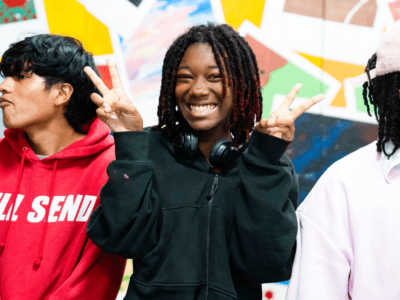
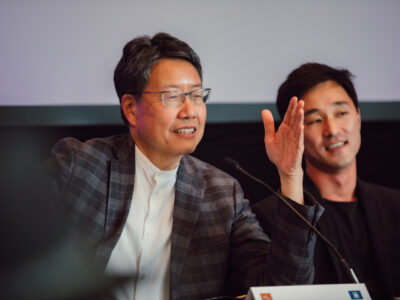
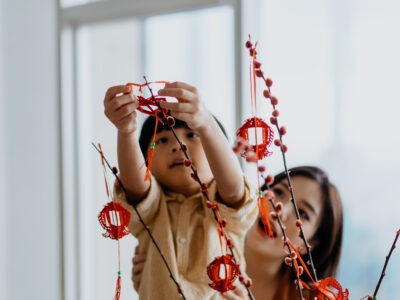
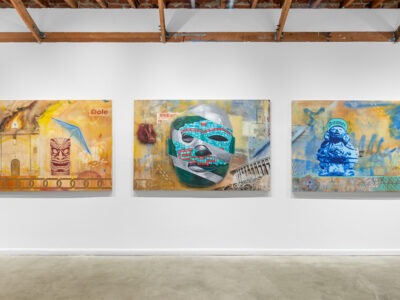
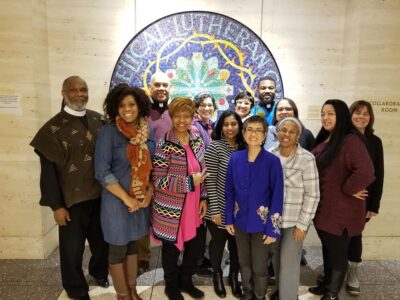
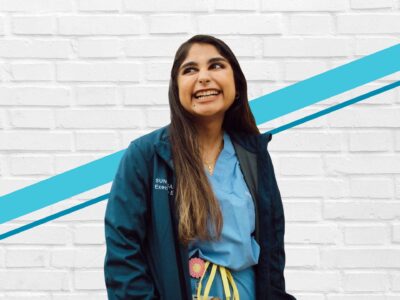

Comments